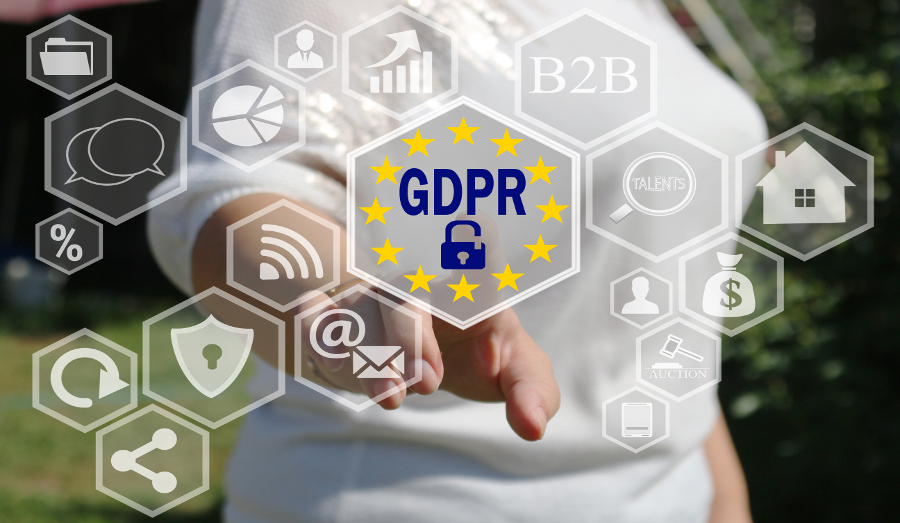Social media has come in for a good deal of flak recently, from complaints about securing user data, allegations that firms were oblivious to Russian use of social media to influence elections, to concerns that social media is enabling the spread of hateful and anti-social rhetoric. In response, embattled Facebook CEO Mark Zuckerberg recently called for more intervention by governments and regulatory authorities. According to Zuckerberg:
I believe we need a more active role for governments and regulators. By updating the rules for the Internet, we can preserve what’s best about it – the freedom for people to express themselves and for entrepreneurs to build new things – while also protecting society from broader harms.
And what kind of regulation does Zuckerberg want? He calls for more regulation in “four areas: harmful content, election integrity, privacy and data portability.” By harmful content he means terrorist propaganda and hate speech. But as we’ve seen in social media’s crackdown on conservative voices, the definition of hate speech is so loosely defined as to encompass anyone who disagrees with Bay Area leftism. And he wants government to step in and enforce that?
One of Zuckerberg’s proposals is for regulators to set standards for what constitutes harmful content. But guess who benefits from those proposals? Existing social media companies, who will undoubtedly have a hand in crafting the standards in such a way as to benefit them and keep potential competitors out of the marketplace.
Zuckerberg also wants to enact global regulations based on the EU’s General Data Protection Regulation (GDPR), another massive bureaucratic boondoggle. It again is one that Facebook was able to weather, while smaller companies were forced out of doing business in Europe.
Whenever a billionaire calls for more regulation or legislation, it’s not done out of benevolence. There’s always some benefit that they see. It may not be obvious to an uneducated layman, but to the astute observer it’s there plain as day. Let’s just hope that more people see Zuckerberg’s self-interested pivot for what it is and reject any moves to allow greater government control over the internet and its content.
This article was originally posted on Red Tea News.





